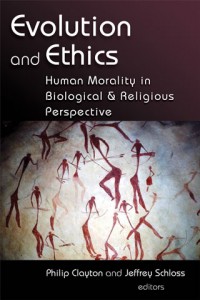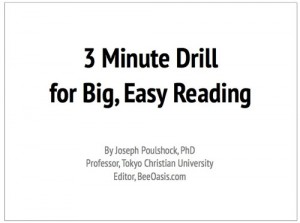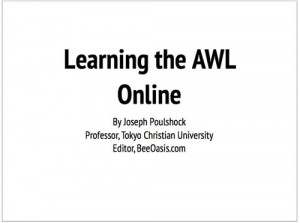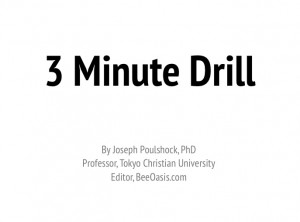
A Million Miles in a Thousand Years: What I Learned While Editing My Life by Donald Miller
My rating: 4 of 5 stars
Donald Miller’s most famous book is “Blue Like Jazz,” which I have not read. But I heard about it from an article on the Daily Beast. In that article, I learned that Miller has a huge following and that he’s from Portland Oregon, my neck of the woods. I was born in Oregon and grew up in the Pacific Northwest. I also heard that he was applying the principles of “story grammar” to edit his life and help others do the same. That’s why I decided to read “A Million Miles in a Thousand Years.”
This is a book on spirituality, and I’d say that Miller is a “post-modernish” Christian. References to God are sparse, and often they come in the form of questions rather than answers. But I found that appealing, and I’d say that people from any religious or non-religious background could benefit from and even enjoy this book.
I was impressed and moved by Miller’s efforts to edit his life and make it a more interesting story. Perhaps interesting is not the word. It’s more like he’s answering this kind of question. How can I make a better, richer, more romantic, and more epical story of my life? That’s a good question, and after reading the book, I really want to answer it for myself, too.



